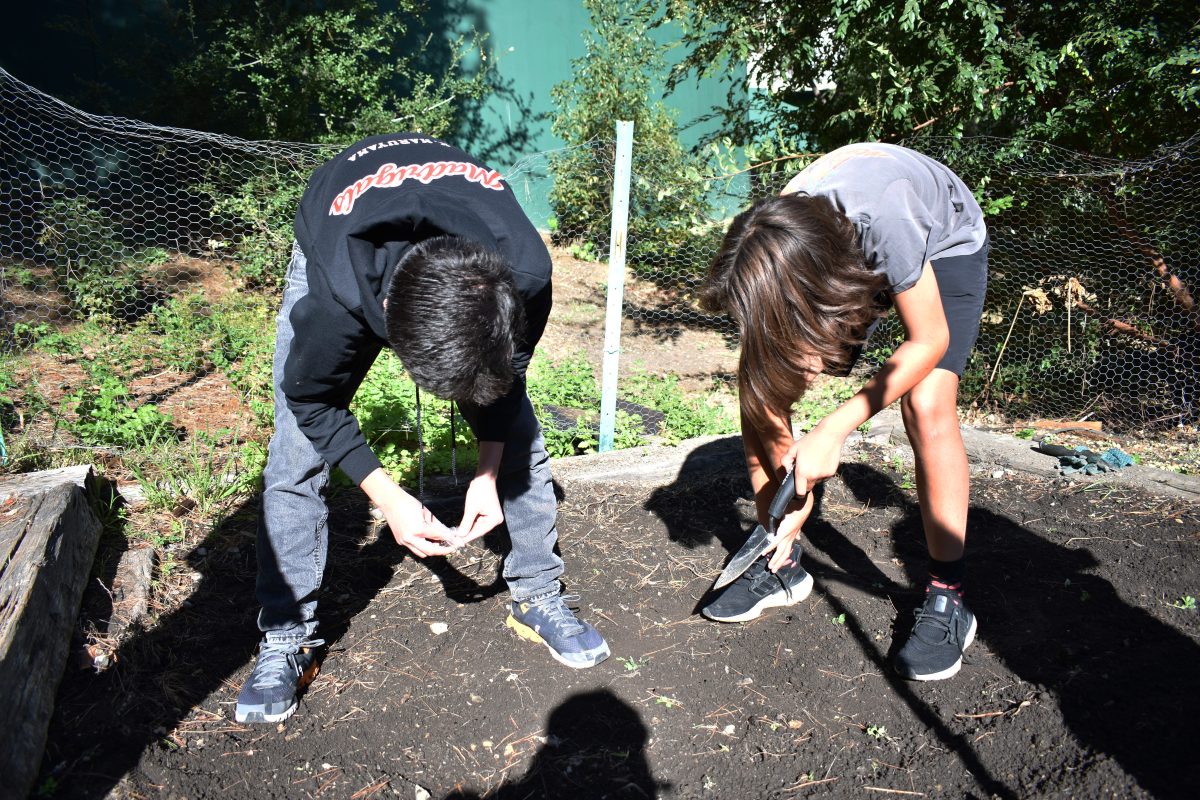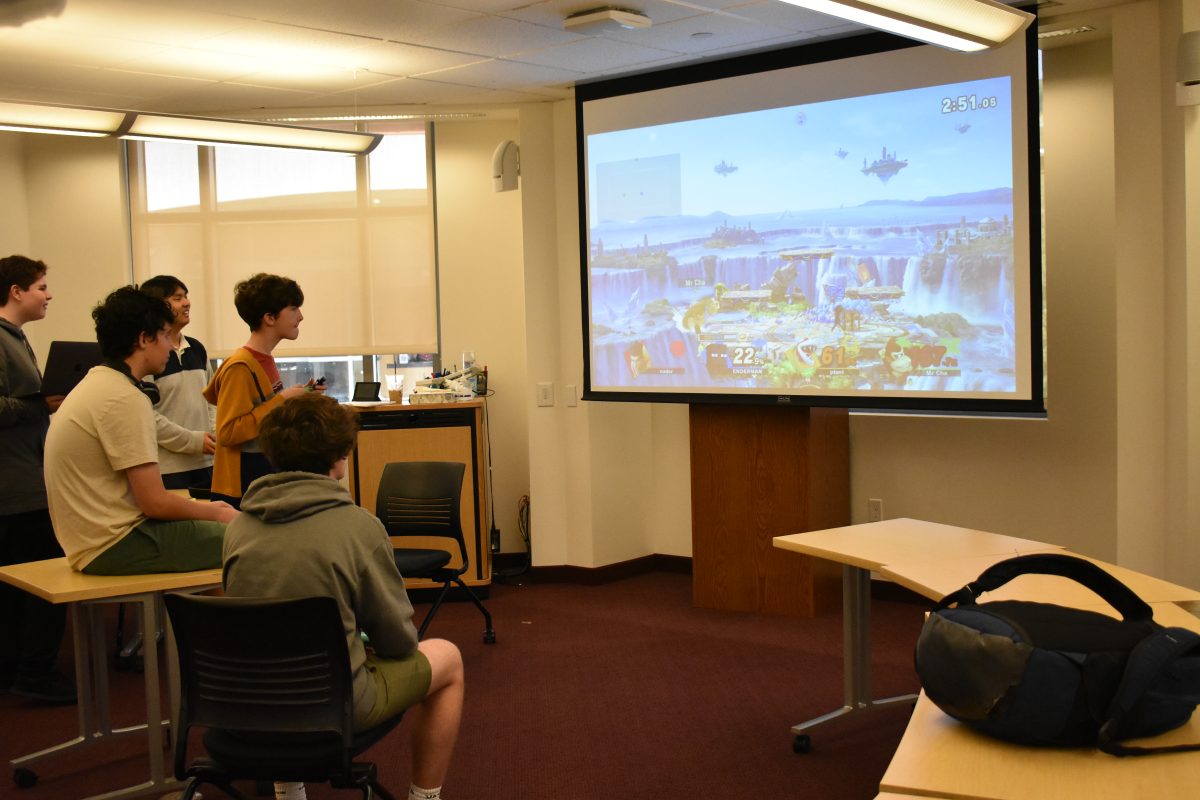Humans have always been fascinated with redefining the laws of nature. From orange carrots, which used to be white, to almost every breed of dog and even to purple tomatoes and frost-resistant trees, humans have been captivated by manipulating nature for their benefit. Humans have been working to transform DNA for thousands of years. However, until now, no human has ever managed to tamper with something as delicate as the very definition of a person’s entire body using (CRISPR), a gene editing technology. So imagine the backlash when one man claims to have genetically manipulated two twin girls before they were even born.
Dr. He Jiankui, <- remove comma used a technology called CRISPR, or, more specifically, CRISPR-cas9. CRISPR stands for clustered regularly interspaced palindromic repeats and is adapted from the natural defense mechanisms of bacteria and other parts of the body’s immune system. CRISPR is used to target “incorrect” portions of DNA by guiding a protein called cas9 that cuts and “edits” those “incorrect” portions of DNA, acting almost like molecular scissors. This system allows the “incorrect” DNA to be replaced with DNA that is considered to be “correct.” This process is commonly known as gene editing.
Scientists have discovered how to use this process on plants and live bacteria, but until Dr. Jiankui made his claim, it had never been attempted on a human being. This sparked a controversy about the ethics of such attempts. We’ve been using processes like this for thousands of years so this process is only a continuation of that initiative. And more importantly, human beings benefit from gene editing more than they are harmed by it. Take what Dr. Jiankui did as a perfect example of that. He made the twin girls HIV-resistant, helping to prevent a potentially deadly disease later in the girl’s lives and, as of today, no signs of negative side effects have been reported.
There are actually more benefits to gene editing, especially involving preventing inherited diseases like sickle cell that can be extremely harmful or painful to those they inflict. Sickle cell is caused by one incorrect DNA sequence and gene editing allows that one sequence to be corrected. Gene editing also opens up the possibility to make an average baby immune to other diseases that they can catch. This allows people to become immune from dangerous and potentially fatal diseases they can catch when they are older. In fact, scientists are already using this technology to help make drought-resistant crops that cannot spread harmful diseases that they can carry.
However, many people argue that gene editing is unnatural and should not be performed on human beings. It is understandable why someone would not want the laws of nature to be tampered with, but we have the technology and it could be life-saving. We should use this technology to help humankind. While there are no laws yet, that is a temporary factor and that will more than likely change as this technology develops. Some people may argue that gene editing would make the world unfair and create a larger gap between non-edited people and people who have had things about their genetics changed. However, you cannot simply make someone smarter or more athletic.
You can be born with a naturally athletic body or a naturally strong mind. This technically would mean that these traits could be edited. However, numerous neuroscience studies have proven that, with a proper mindset, you can make yourself stronger and you can make yourself smarter. The studies focus on a subject called Nurture Vs. Nature which states that nature makes you one way, but nurture can change that. The traits of a human being and what they decide to do with their natural born skills are not determined at birth and, because of that simple fact, cannot be gene edited past the point of having something like a naturally athletic body.
Gene editing and the process of using CRISPR-cas9 to edit a person’s genes is a new invention that has only once been tested on two twin human beings. The debate about the ethical issues human gene–editing poses rages on and both sides have good arguments. Gene editing can come with lots of advantages and can save many lives, so long as it is properly regulated. We should move into the future with confidence about this promising new technology.











William Shatner | May 16, 2019 at 6:40 pm
I read Natasha‘s paper and I find it informative and extremely well done I’m impressed by Natasha‘s intelligence and her ability to research and discover esoteric things that she then makes plain and simple I happened to be her grandfather